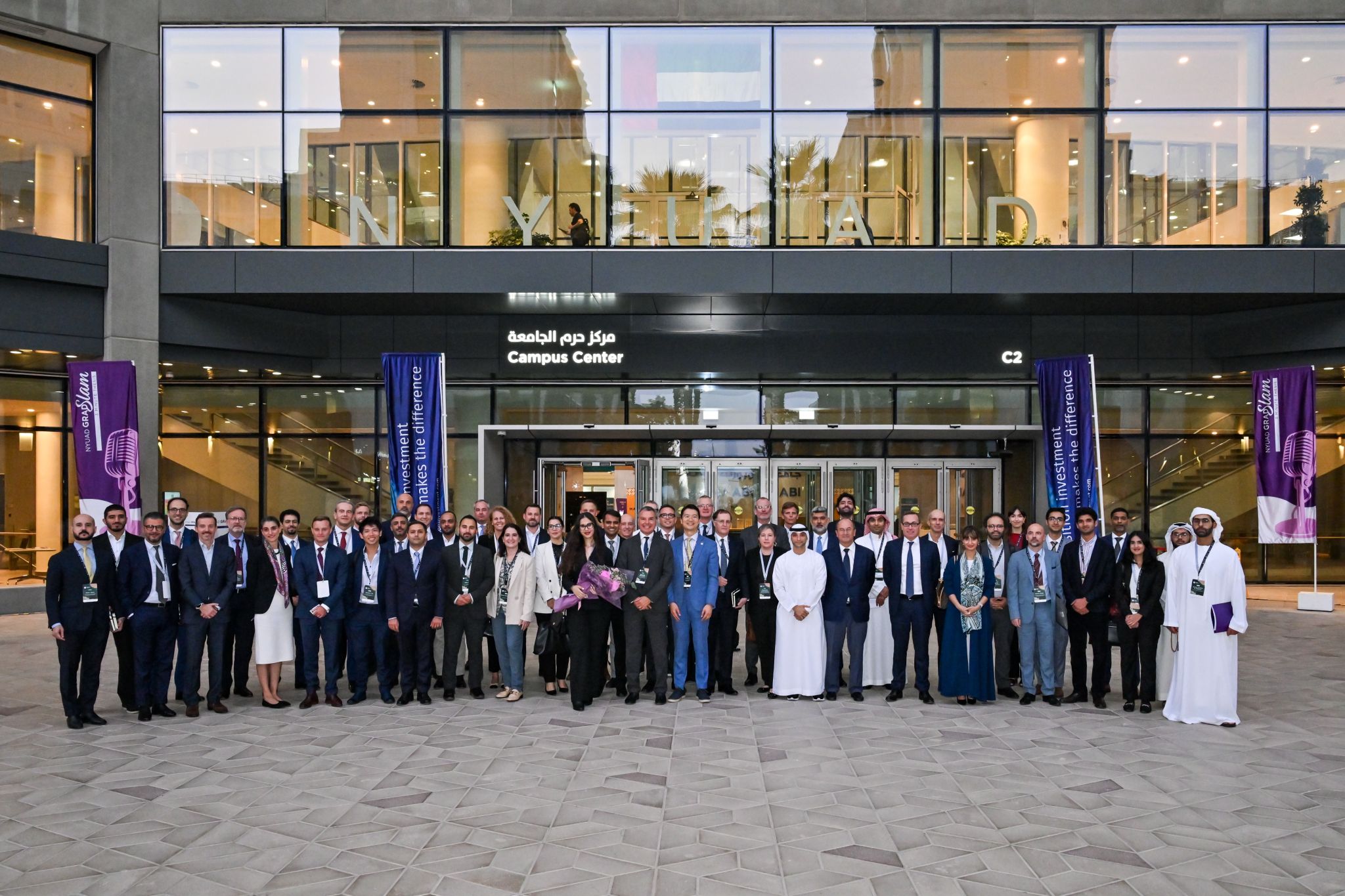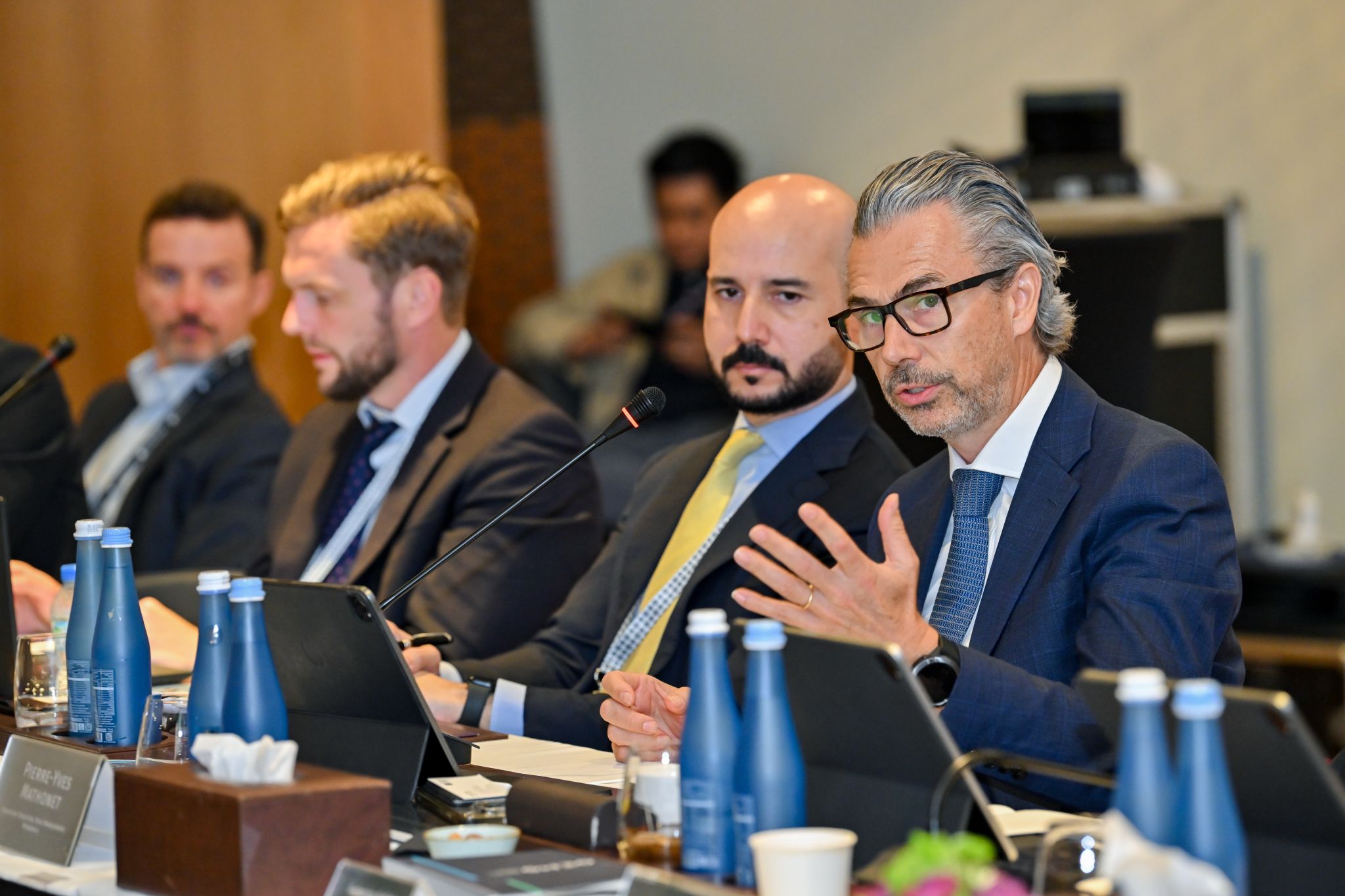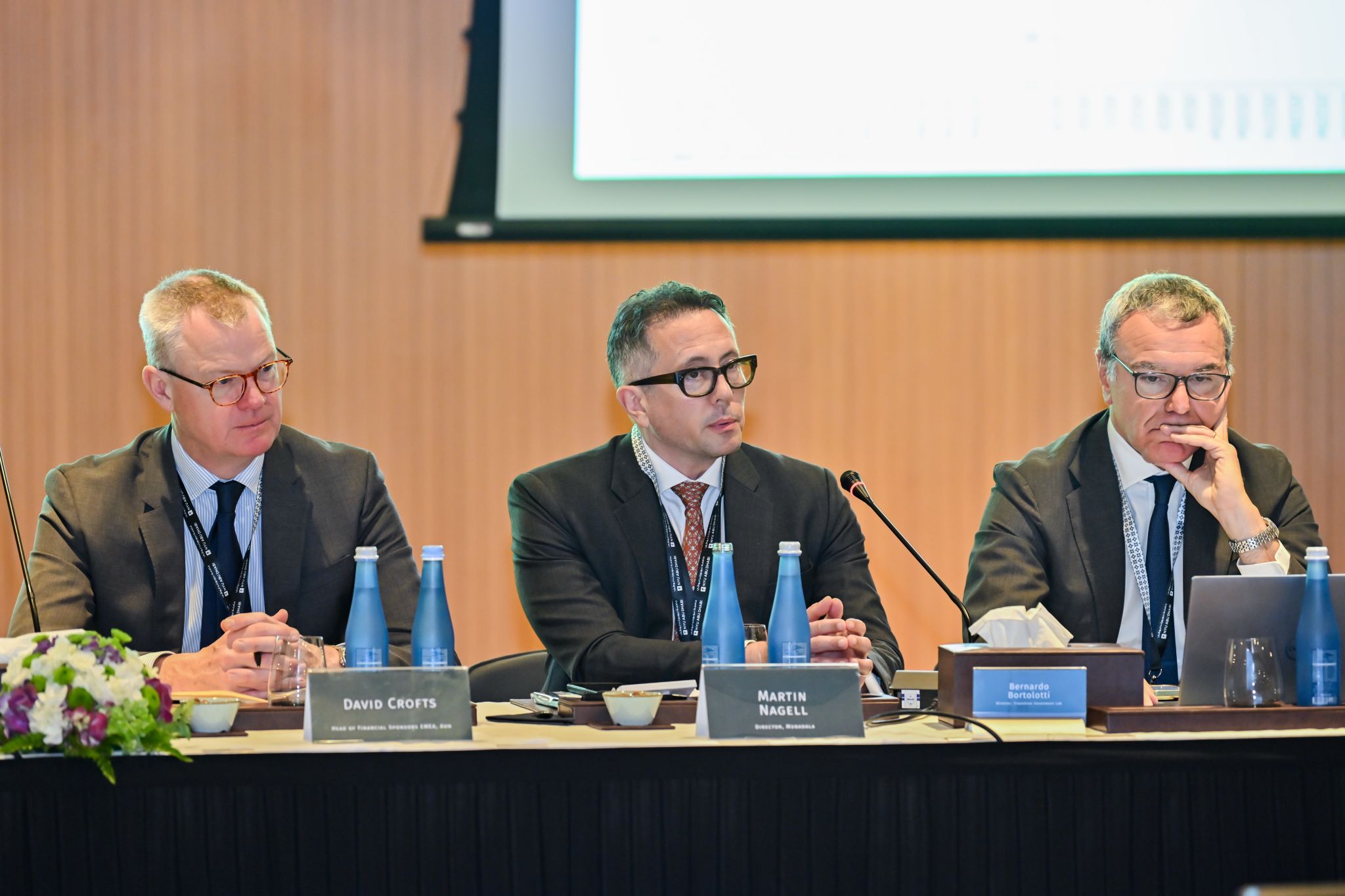Bernardo Bortolotti
The 2025 Transition Investment Workshop examined transition investment as a distinct and evolving asset class. Key enabling technology trends – declining renewable energy and battery storage costs, the electrification of transport, and the rise of artificial intelligence – are accelerating this transformation and opening new investment avenues.
Across research, finance, and policy perspectives, a multifaceted picture emerged. Transition investment is increasingly defined by its integration of impact and return – measured through the concept of impact delta, which quantifies the relative improvement each dollar of capital delivers compared to a baseline.
The Workshop also explored how sovereign and institutional investors are operationalizing this agenda. New blended-finance platforms, credit enhancements, and secondary-market vehicles are beginning to channel patient capital into energy, mobility, and resilience infrastructure across emerging and developing economies.
Yet systemic challenges remain – currency volatility, policy uncertainty, and limited exits prevent full-scale institutional participation. Coordinated data systems and consistent taxonomies were identified as the essential preconditions for scale. Additionally, significant gaps in data, risk visibility, and governance frameworks require resilient stakeholder action. Transition investment requires a global framework capable of linking public and private capital, increasing access to data, reducing career risk, and aligning incentives.
The Workshop reaffirmed that building this architecture is as much about information and coordination as it is about financial instruments. The goal is to transition from development-stage projects to investable assets by creating diversified, de-risked portfolios suitable for institutional investors and commercial capital. DFIs and MDBs play a catalytic role in this process, acting as market architects that bridge early-stage risks and crowd in private capital. There is shared recognition that risk in emerging markets is not static. It evolves through institutional learning, financial deepening, and improved policy coordination.
Ultimately, the Transition Investment Lab views the asset class in formation – one that may eventually redefine how global capital allocates risk, measures impact, and finances growth. Anchored in Abu Dhabi, TIL continues to develop the evidence, partnerships, and governance tools needed to transform this emerging vision into investable reality.
The full report can be downloaded here.
Bernardo Bortolotti is Professor in economics at the University of Turin and Executive Director of the Transition Investment Lab at the Stern School of Business at NYU Abu Dhabi.


